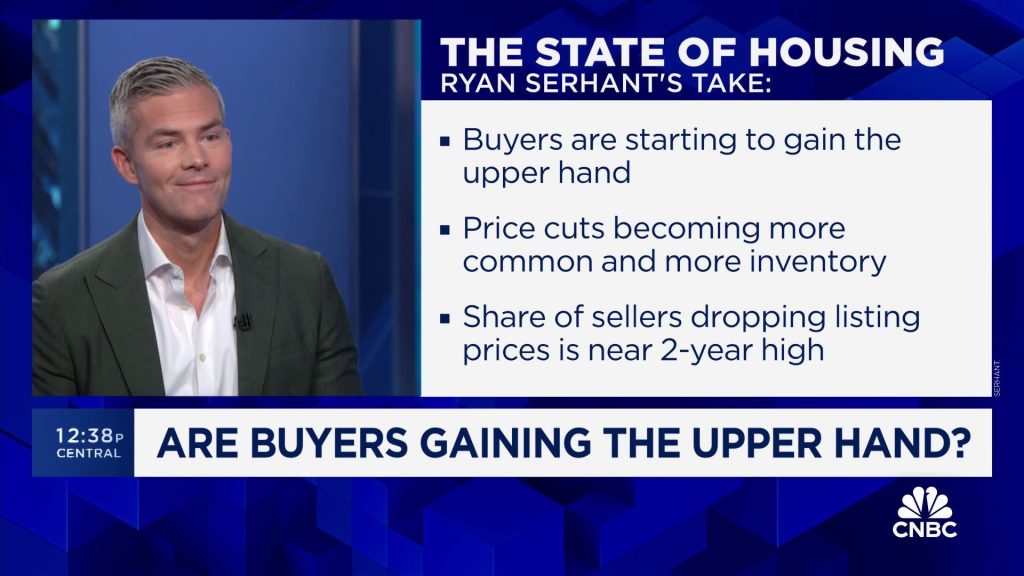At my high school there was a phenomenon commonly referred to as “getting Schenked.”
Despite the sound, it wasn’t an act of violence. It meant you got called out or even punished for being out of dress code by one of the school’s administrative assistants, Mrs. Schenk.
My school had a strict business dress code that required boys to wear shirts and ties and girls to wear dresses and skirts no more than 3 inches above the knee or dress pants. Sweatshirts, sneakers, jeans and other casual attire were prohibited. Mrs. Schenk was well known to be one of the strictest enforcers.
More than a decade later, I work in an office with a far less explicit and even less enforced dress code.
But in a time when many people work from home part of the week, the climate is warming and CEOs like Mark Zuckerberg are often known for their casual style, I, along with plenty of other adults in the workforce, often wonder what is or isn’t appropriate to wear to the office.
“Setting a standard and having a [personal] dress code is important to setting the tone of your work environment,” Elaine Swann, etiquette expert and founder of The Swann School of Protocol, tells CNBC Make It.
“It sets you apart from your client. It sets the tone for the environment. It’s one of the nonverbal attributes of professional behavior.”
Here’s how Swann says you can create your own professional style guide, including some advice on what you should never wear to the office.
‘When you put shorts on, it can bring upon a leisure mindset’
There has been a shift in recent years away from strict dress codes, Swann says.
While some traditional occupations and workplaces may still adhere to business professional dress codes, other offices have taken a more lax approach. What’s deemed appropriate for work in general has gotten especially nuanced in the post-pandemic era as swaths of workers went from working from home to returning to the office.
On the New York Stock Exchange trading floor, for example, jeans, shorts and other casual wear are still prohibited for personnel and guests. At every job I’ve had, though, mainly in media and always based in New York, the dress codes have been way looser. My high school has even adopted a more casual dress code — abandoning the daily tie requirement and allowing sneakers — in recent years.
Most workers (71%) say they wear business casual or casual street clothes to work, according to a recent Gallup poll of nearly 400 workers in the U.S. What that means may depend on the individual.
Some things should still be off-limits, though, Swann says.
Shorts, which have become somewhat contentious as work attire amid heat waves pummeling the U.S. this summer, should be reserved for jobs working with kids or in creative environments, she says.
“Shorts are something that’s more leisurely,” she says. “I believe that when you put shorts on, it can bring upon a leisure mindset. So my recommendation is to stay away from shorts.”
Even if the shorts are dressier or have longer inseams, Swann says they may be perceived as unprofessional in many work environments.
Similarly, Swann warns against women wearing spaghetti-strapped tops to work, though more formal sleeveless tops and dresses may be OK, “depending on the style,” she says. There’s a difference between a T-shirt with the sleeves cut off and a sleeveless sheath dress, for example.
Dress to put yourself ‘in a place of authority’
What you’re wearing can say a lot about you. And regardless of your own personal views, others may perceive you in a certain way if you’re dressed in clothing that’s associated with leisure or otherwise non-work-related activities.
“What we’re attempting to do in terms of the way we dress is set a standard that puts us into a place of authority,” Swann says.
Especially if you’re in a role that has you meeting with external clients or stakeholders, Swann says it’s “vital to dress in a manner that’s going to elevate the mindset or the impression of the company you represent.”
You and your colleagues might think shorts or athleisure are perfectly acceptable work attire, but other people you interreact with professionally may have higher standards, so it’s better to err on the side of caution.
In a recent LinkedIn poll from CNBC Make It’s executive editor, Jenna Goudreau, people seem to be split on the question of shorts at the office. Just 43% of respondents said shorts are maybe OK in the right cut and context whereas 45% said they’re never acceptable at the office. Just 12% of over 330 respondents said “anything goes” these days.
Your personal dress code
If you’re not required to follow a strict uniform or dress code at work, Swann offers some tips to look professional and confident, while still maintaining your individual style.
Historically, neutral and muted tones have been the norm for business attire, but that’s one rule Swann says has fallen out of style. She recommends playing with colors and silhouettes that complement your skin tone and body type. You should feel free to wear colors and patterns that express your identity and suit your tastes.
Fit is important not just to ensure appropriateness, but also your comfort. If you’re constantly adjusting your clothes, you may project discomfort which can translate to insecurity.
“If you feel comfortable in what you’re wearing, you will have a better opportunity to appear as though you are confident,” Swann says.
Want to be a successful, confident communicator? Take CNBC’s new online course Become an Effective Communicator: Master Public Speaking. We’ll teach you how to speak clearly and confidently, calm your nerves, what to say and not say, and body language techniques to make a great first impression. Sign up today and use code EARLYBIRD for an introductory discount of 30% off through July 10, 2024.
Plus, sign up for CNBC Make It’s newsletter to get tips and tricks for success at work, with money and in life.


